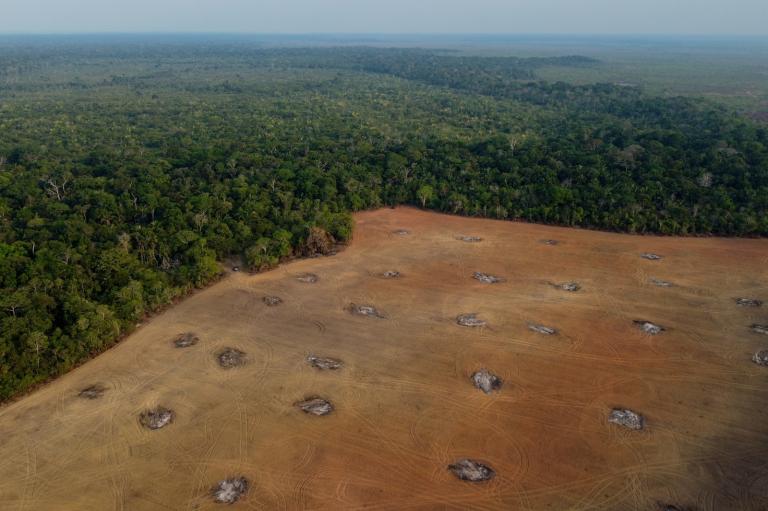About 4am yesterday, a mine in Utah collapsed, trapping six miners 1,500 feet underground, almost three and a half miles from the mine’s entrance. No one knows if they are alive; there’s been no contact since the collapse. Right now, rescuers are trying to drill through the mountainside to reach them. Progress has been slow, and it may well take up to three days.
When the collapse first occurred, it was blamed on a small earthquake, but scientists now think the seismic activity was caused by the collapse itself. No cause has been conclusively identified.
Crandall Canyon mine has a record of safety violations:
Government mine inspectors have issued 325 citations against the mine since January 2004, according to an analysis of federal Mine Safety and Health Administration online records. Of those, 116 were what the government considered “significant and substantial,” meaning they are likely to cause injury.
…
This year, inspectors have issued 32 citations against the mine, 14 of them considered significant. Last month, inspectors cited the mine for violating a rule requiring that at least two separate passageways be designated for escape in an emergency.
It was the third time in less than two years that the mine had been cited for the same problem, according to MSHA records. In 2005, MSHA ordered the mine owners to pay $963 for not having escapeways. The 2006 fine for the same problem was just $60.
The owner of the mine is Robert Murray, whose company, Murray Energy, is notorious for safety violations. Rather than improving safety for his miners, Murray spends his time on Capitol Hill lobbying against global warming regulations. Indeed, Murray used a press conference today to continue that lobbying (via):
[vodpod id=Video.16183432&w=425&h=350&fv=]
As part of his quest to avoid regulation, and to attack, inhibit, and destroy unions, Murray has given tens of thousands of dollars to the Republican Party.
Murray has, in his actions if not his words, demonstrated that he cares more about profit than the health and safety of his workers, not to mention the health and safety of the planet itself. He has the blood of these miners on his hands, and the blood of all the other miners hurt in his mines.
But all of us have their blood on our hands. We have the technical means to free ourselves of this filthy 19th century energy source, which is destroying our landscapes, our rural families and economies, our atmosphere. The barriers are political. We’ve let ourselves be bullied by the coal industry and by the politicians it has purchased. We haven’t mounted the kind of public outcry that would force political action.
As our hearts remain with the miners and their families, as we pray, or simply hope against hope, for their survival, we should also pause and ask ourselves: how many more?
How much are we willing to tolerate?

